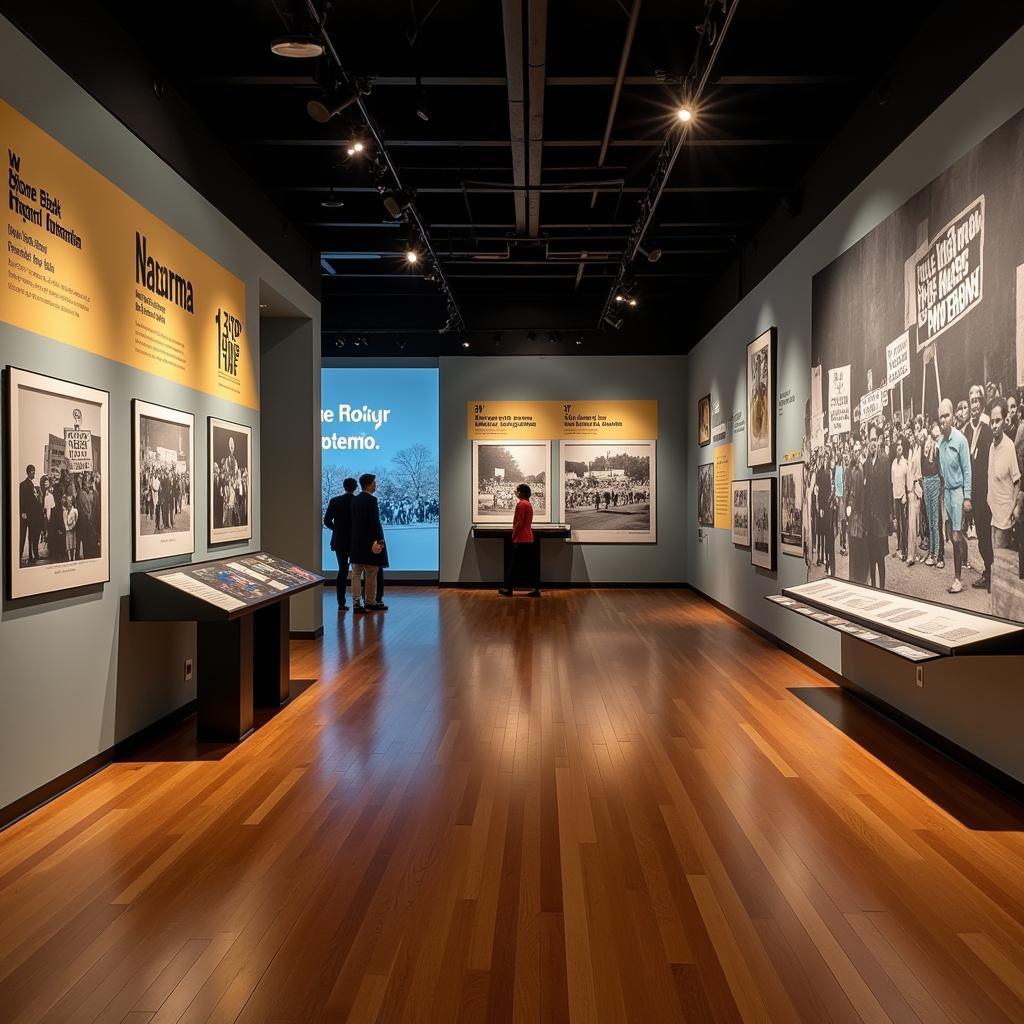Uncovering the Stories Behind Every African Castle
African Castles, with their weathered stone walls and commanding views, stand as silent sentinels to a rich and complex history. These structures, scattered across the coastline of Africa, whisper tales of ancient kingdoms, colonial struggles, and the ebb and flow of trade and culture across the centuries. They aren’t just architectural marvels; they are portals to understanding Africa’s captivating past.
More Than Just Stone and Mortar: The Significance of African Castles
Often perched on cliff tops overlooking strategic waterways, these castles served primarily as trading posts and defensive strongholds.  African Castle on the Coastline Their construction was often intertwined with the transatlantic slave trade, a dark chapter that left an indelible mark on the continent’s history. However, to solely view them through this lens is to overlook their broader significance.
African Castle on the Coastline Their construction was often intertwined with the transatlantic slave trade, a dark chapter that left an indelible mark on the continent’s history. However, to solely view them through this lens is to overlook their broader significance.
Many African castles predate the slave trade, serving as important centers for pre-colonial kingdoms. They facilitated trade routes across the Sahara Desert and the Indian Ocean, fostering cultural exchange and economic prosperity. The architectural styles themselves often reflect a blend of local and foreign influences, showcasing the adaptability and ingenuity of African craftsmanship.  Interior Courtyard of an African Castle
Interior Courtyard of an African Castle
Journeying Through Time: Exploring Notable African Castles
A journey to an African castle is akin to stepping back in time. Each castle holds unique stories within its walls, each whispering tales of triumph, tragedy, and resilience.
- Cape Coast Castle, Ghana: This UNESCO World Heritage Site is a poignant reminder of the transatlantic slave trade. Its dungeons, once holding captive Africans awaiting transport across the Atlantic, now serve as a space for reflection and remembrance.
- Elmina Castle, Ghana: Another significant site, Elmina Castle, was the first European trading post established on the Gulf of Guinea. Its history spans centuries, witnessing the evolution of trade from gold and spices to the horrific trade in human lives.
- Fort Jesus, Mombasa, Kenya: This imposing fortress, built by the Portuguese in the 16th century, changed hands numerous times between the Portuguese and the Omani Arabs. Its strategic location on the Kenyan coast underscores the importance of maritime trade routes during that era.
- Island of Gorée, Senegal: Located off the coast of Dakar, this island is home to the House of Slaves, a museum and memorial that commemorates the victims of the transatlantic slave trade. [african cilling] Walking through its “Door of No Return” is a deeply moving experience, prompting visitors to confront the harsh realities of the past.
These are just a few examples of the many fascinating castles found across Africa. Each structure holds within its walls a treasure trove of stories waiting to be unearthed.
The Importance of Preservation and Education
As we move further away in time from the events that shaped these castles, it becomes increasingly important to preserve them for future generations. Their continued existence serves as a tangible link to the past, reminding us of the importance of understanding history in all its complexities. [african fortress]
Frequently Asked Questions about African Castles
What is the oldest castle in Africa?
While pinpointing the absolute oldest castle is difficult due to limited historical records, the Qasr al-Manira in present-day Libya, dating back to the Roman era, is considered one of the oldest standing fortifications.
Were all African castles involved in the slave trade?
While many castles played a role in the transatlantic slave trade, particularly along the West African coast, others served primarily as trading posts for goods such as gold, ivory, and spices. Their involvement in the slave trade varied depending on their location and the historical period.
Can I visit these castles today?
Yes, many African castles are open to the public and operate as museums or historical sites. They offer guided tours, exhibitions, and educational programs that provide insights into their history and significance.
Exploring Further: Unveiling More of Africa’s Rich Tapestry
From the bustling medinas of Marrakech to the wildlife-rich plains of the Serengeti, Africa offers a tapestry of experiences as diverse as its landscapes. [african castle aberdeen] For those eager to delve deeper into the continent’s history and culture, consider exploring these related topics:
- The ancient kingdoms of Africa: Discover the rise and fall of powerful empires like Mali, Songhai, and Great Zimbabwe, and their contributions to art, architecture, and trade.
- The impact of colonialism on Africa: Explore the lasting legacies of European colonization on the continent, from political boundaries to economic systems and cultural identities.
- Contemporary African art and culture: Immerse yourself in the vibrant contemporary art scene, diverse musical traditions, and the evolving cultural landscape of modern Africa.
- [african countries for kids]
Embark on Your Own African Adventure
African castles stand as testaments to the continent’s resilient spirit and captivating past. From the echoes of ancient kingdoms to the somber reminders of the slave trade, they offer invaluable lessons about history, humanity, and the enduring power of place. [african holidays with children] If you’re seeking an experience that will broaden your horizons and leave a lasting impression, consider embarking on your own journey to explore these remarkable structures.
Need help planning your African adventure? Contact us at +255768904061, email us at kaka.mag@gmail.com, or visit our office in Mbarali DC Mawindi, Kangaga, Tanzania. Our dedicated team is available 24/7 to assist you.


